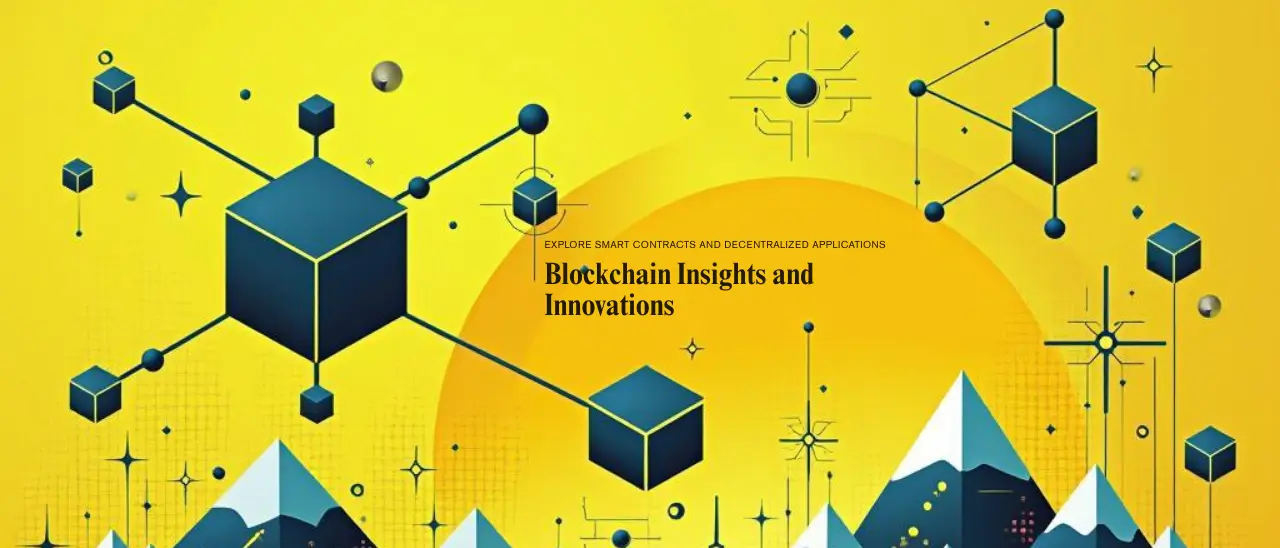Imagine wanting to perform a transaction or access a financial service without intermediaries and with full confidence in execution. Smart contracts and decentralized applications (DApps) enable this, transforming digital interactions.
Smart Contracts: Automation and Trustless Execution
A smart contract is a computer program deployed on a blockchain that automatically enforces the terms of an agreement without a third party. ERC-20 and ERC-721 standards are used for creating tokens and digital assets, allowing developers to issue tokens in a compatible and secure manner.
Oracles bring external data to smart contracts, enabling decision-making based on real-world information outside the blockchain.
"Smart contracts establish trust in automated, decentralized digital transactions."
Decentralized Applications (DApps) and Financial Exchanges
DApps are applications running on the blockchain without a central server. Decentralized exchanges (DEXs) allow token swaps without intermediaries, and numerous use cases exist in decentralized finance (DeFi).
DApps enable users to access financial services, gaming, digital art, and many other applications in a transparent and secure manner.
"DApps redefine the boundaries of digital interaction and asset ownership."
Future Outlook and DApp Development
With the development of standards and programming tools, DApps are rapidly growing and playing a crucial role in the digital economy. From blockchain-based games to financial services and digital identity, decentralized applications provide secure, transparent environments without relying on a central authority.
This trend shows that smart contracts and DApps are not only emerging technologies but also critical infrastructure for the next generation of the internet and digital economy.




